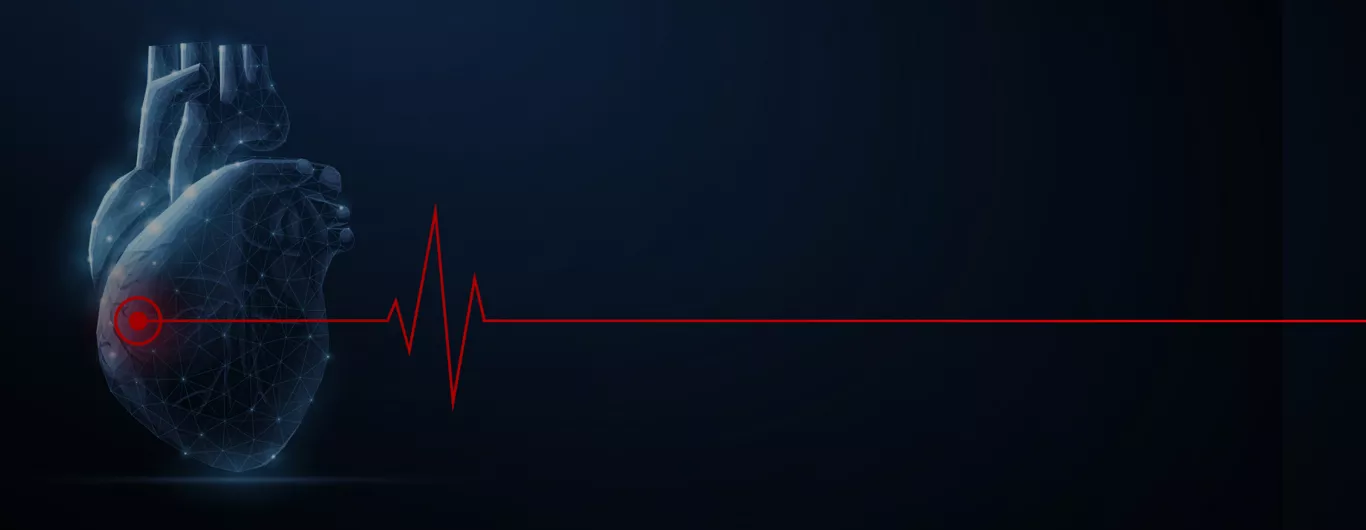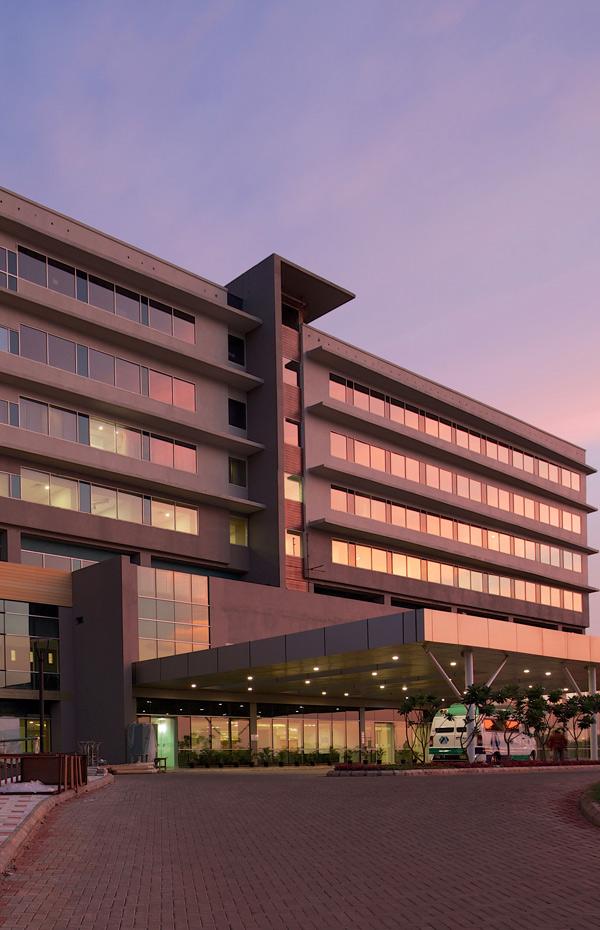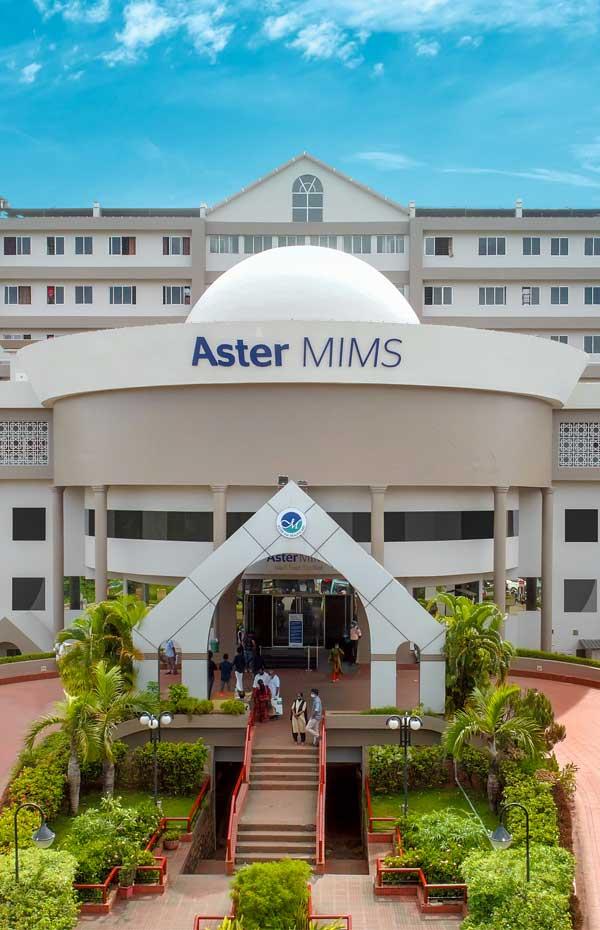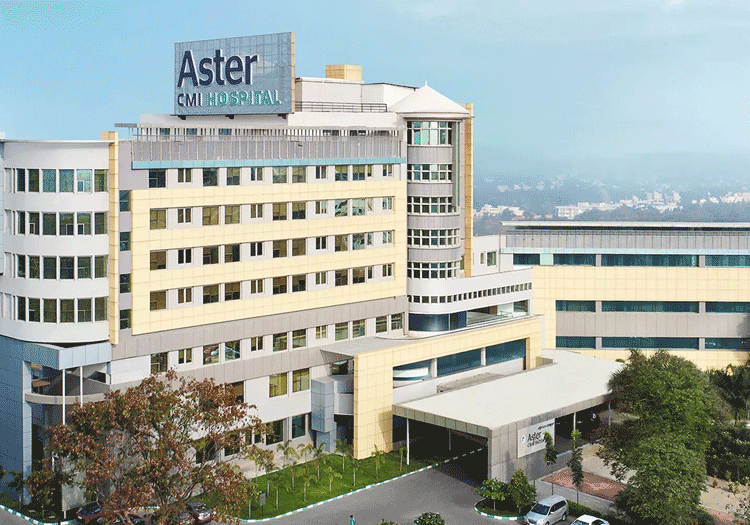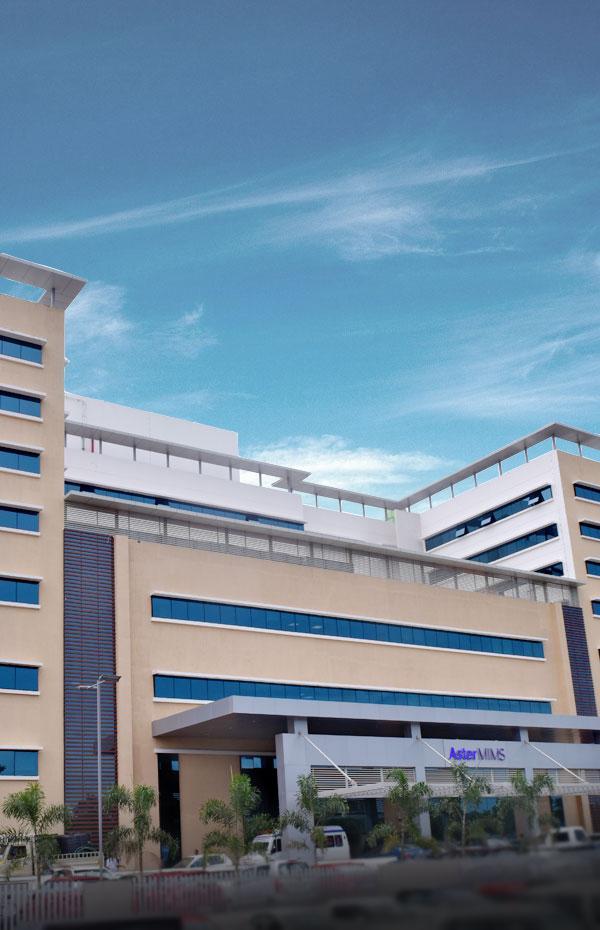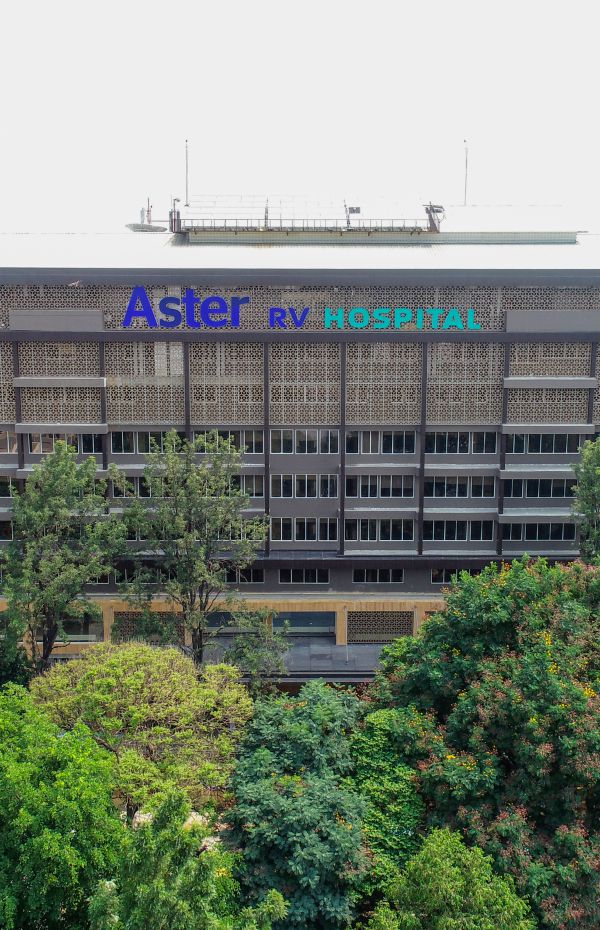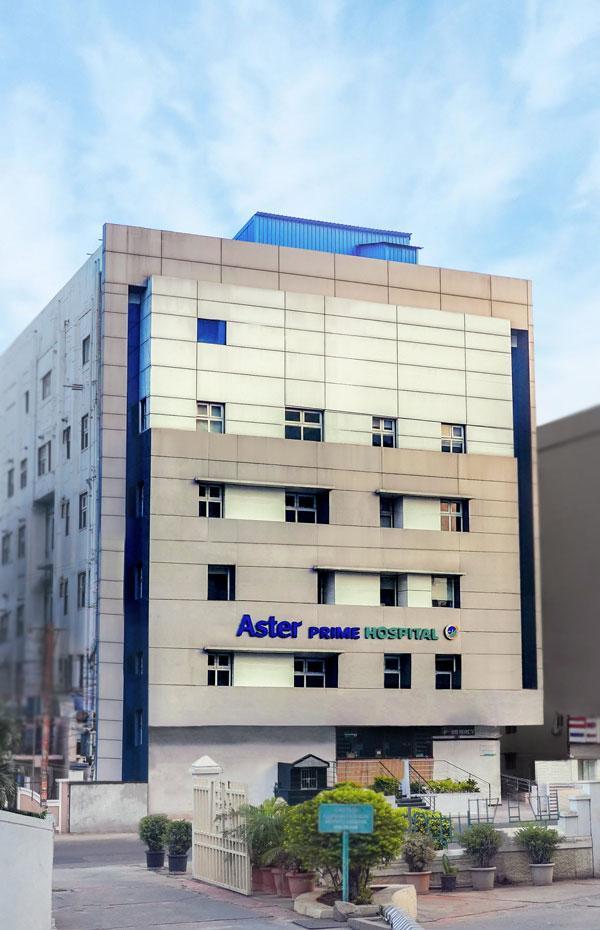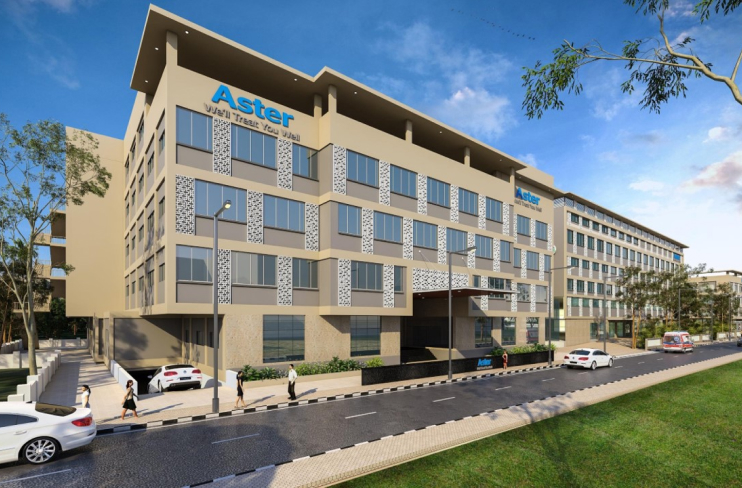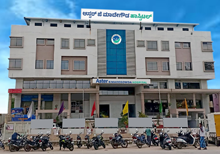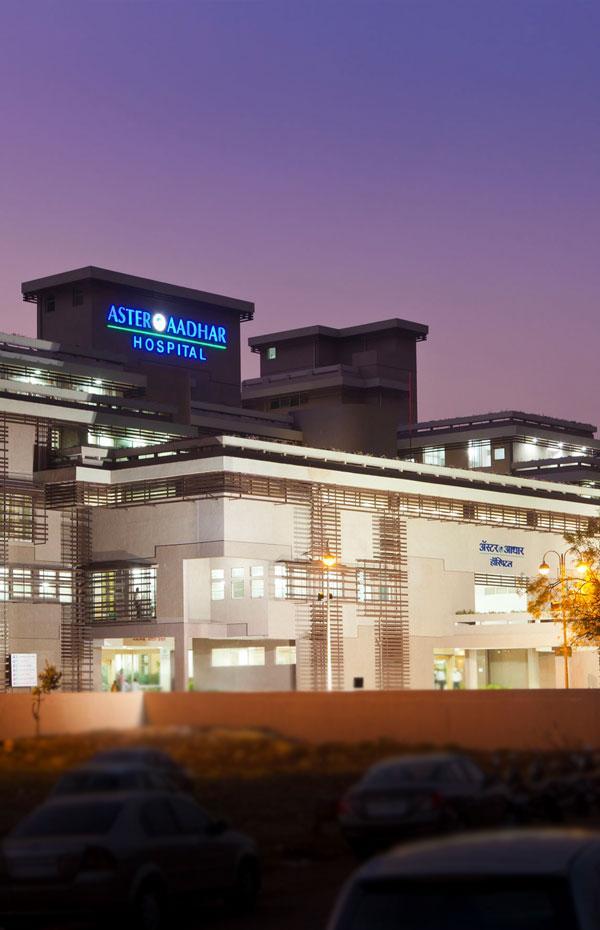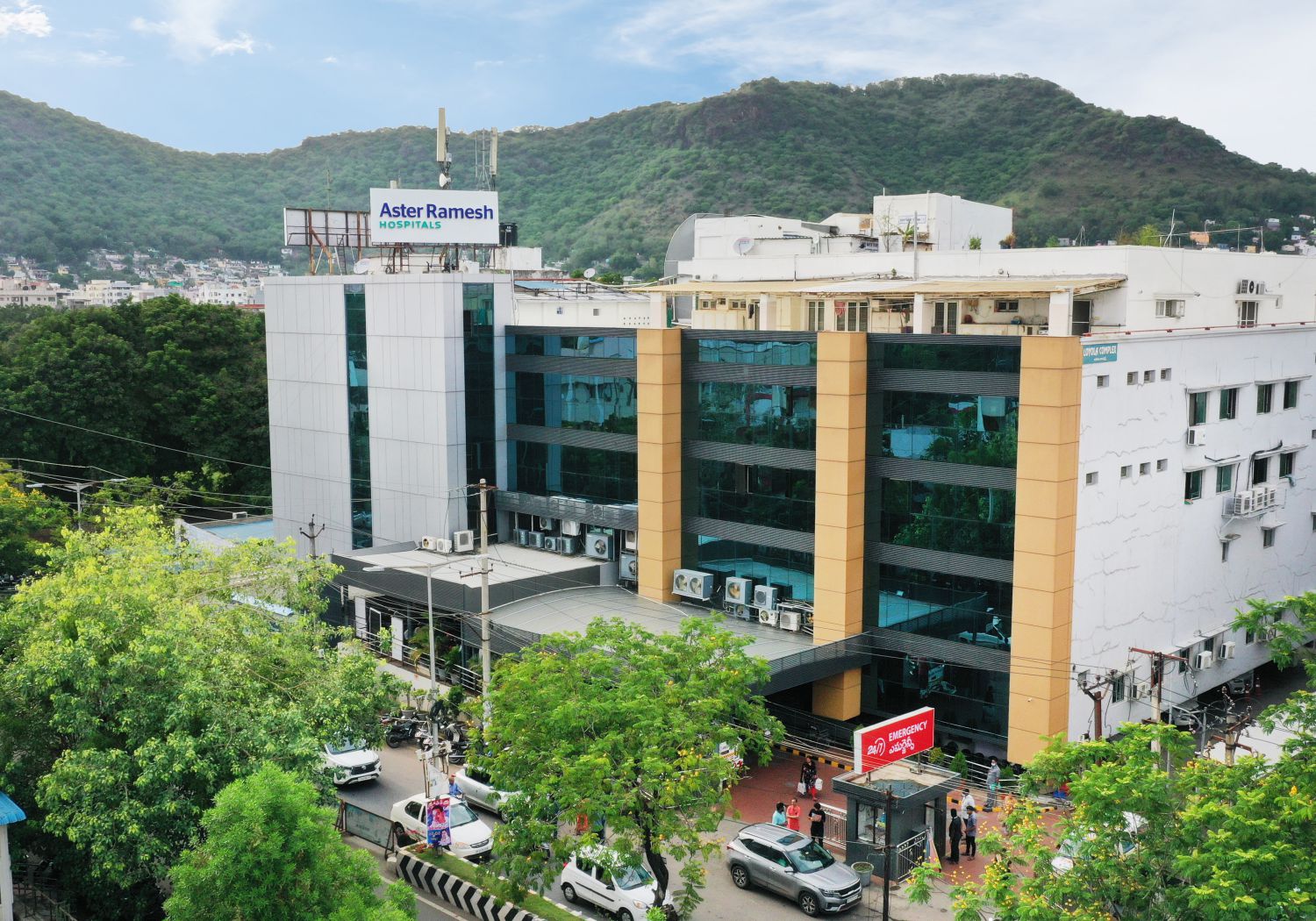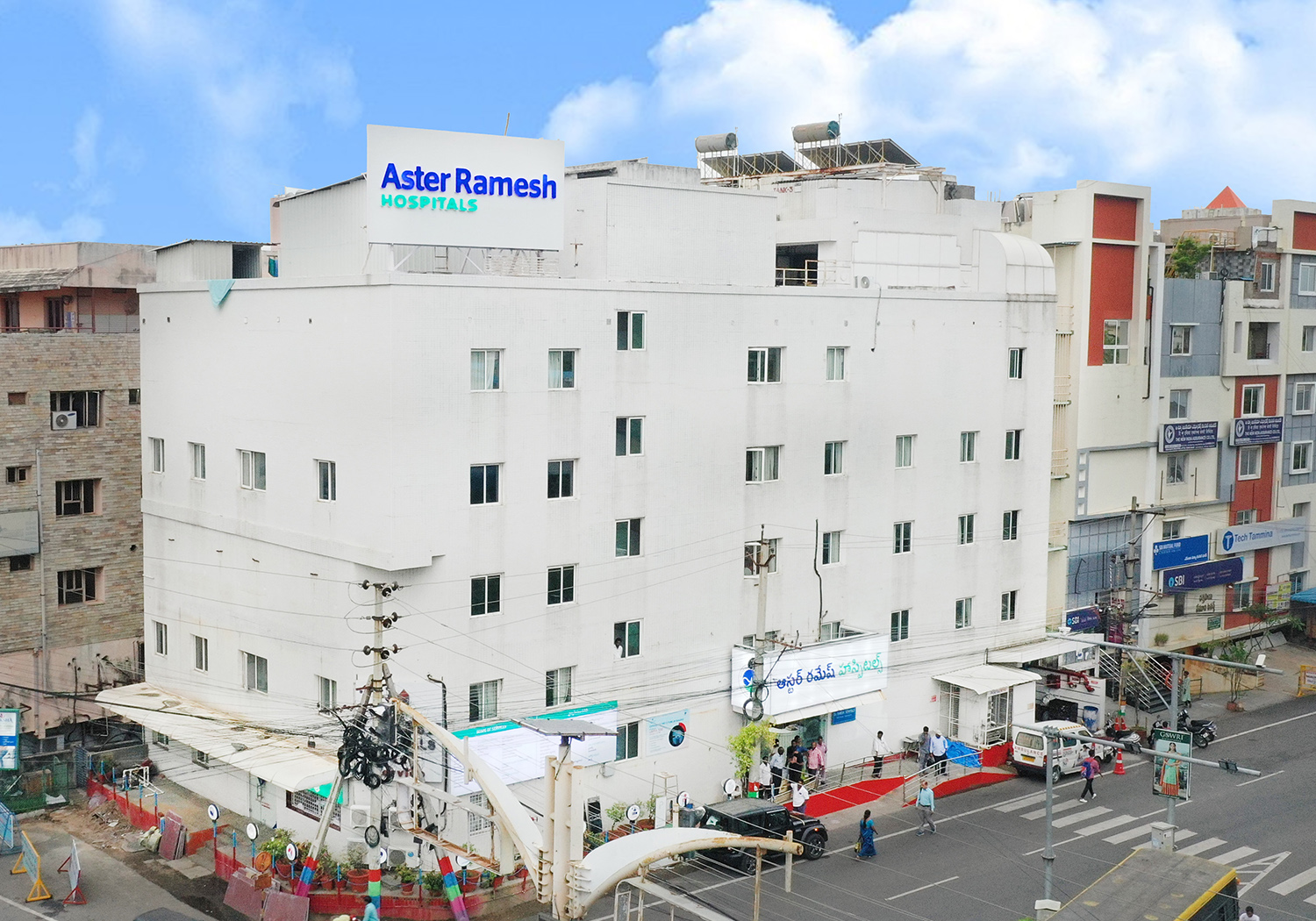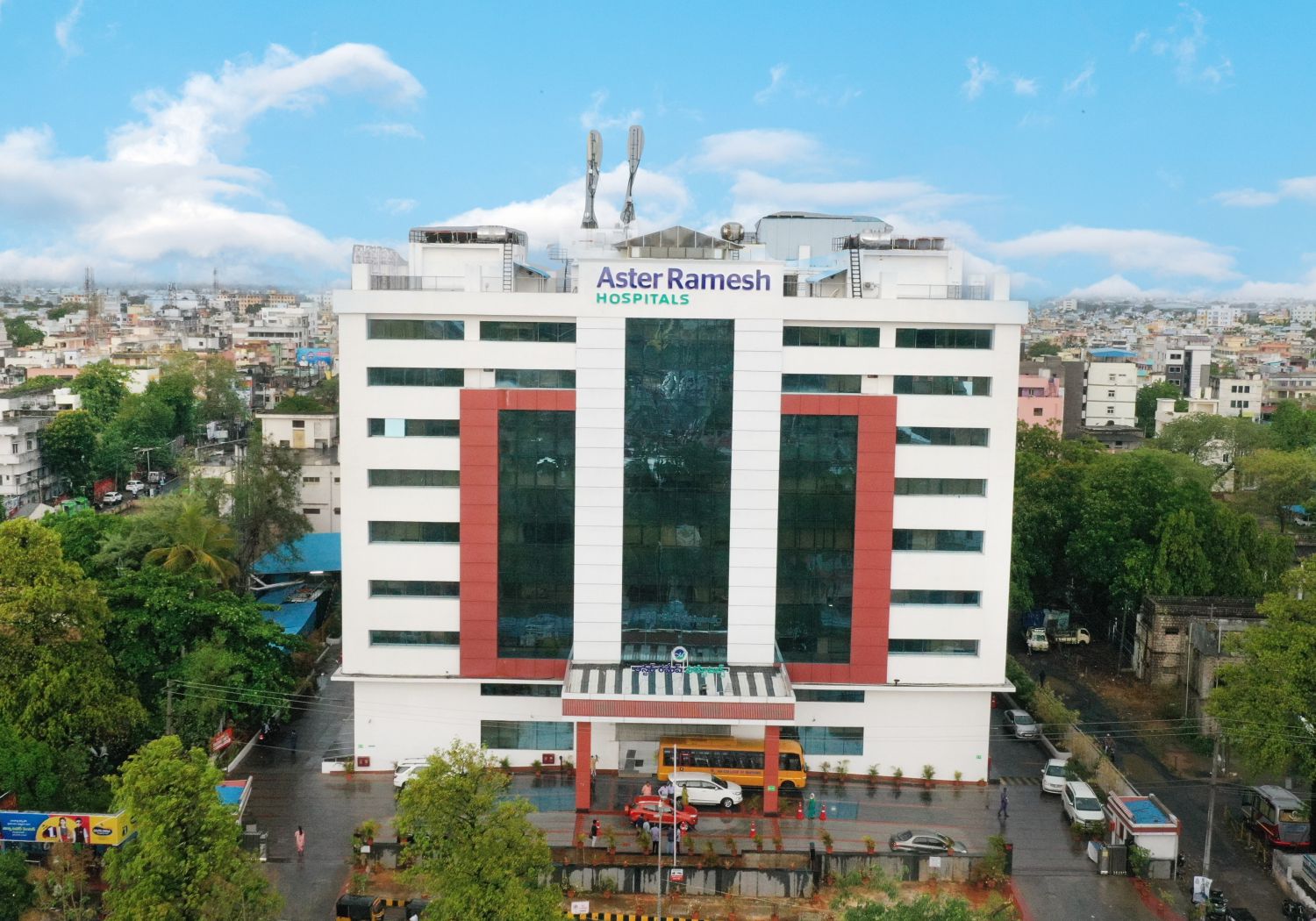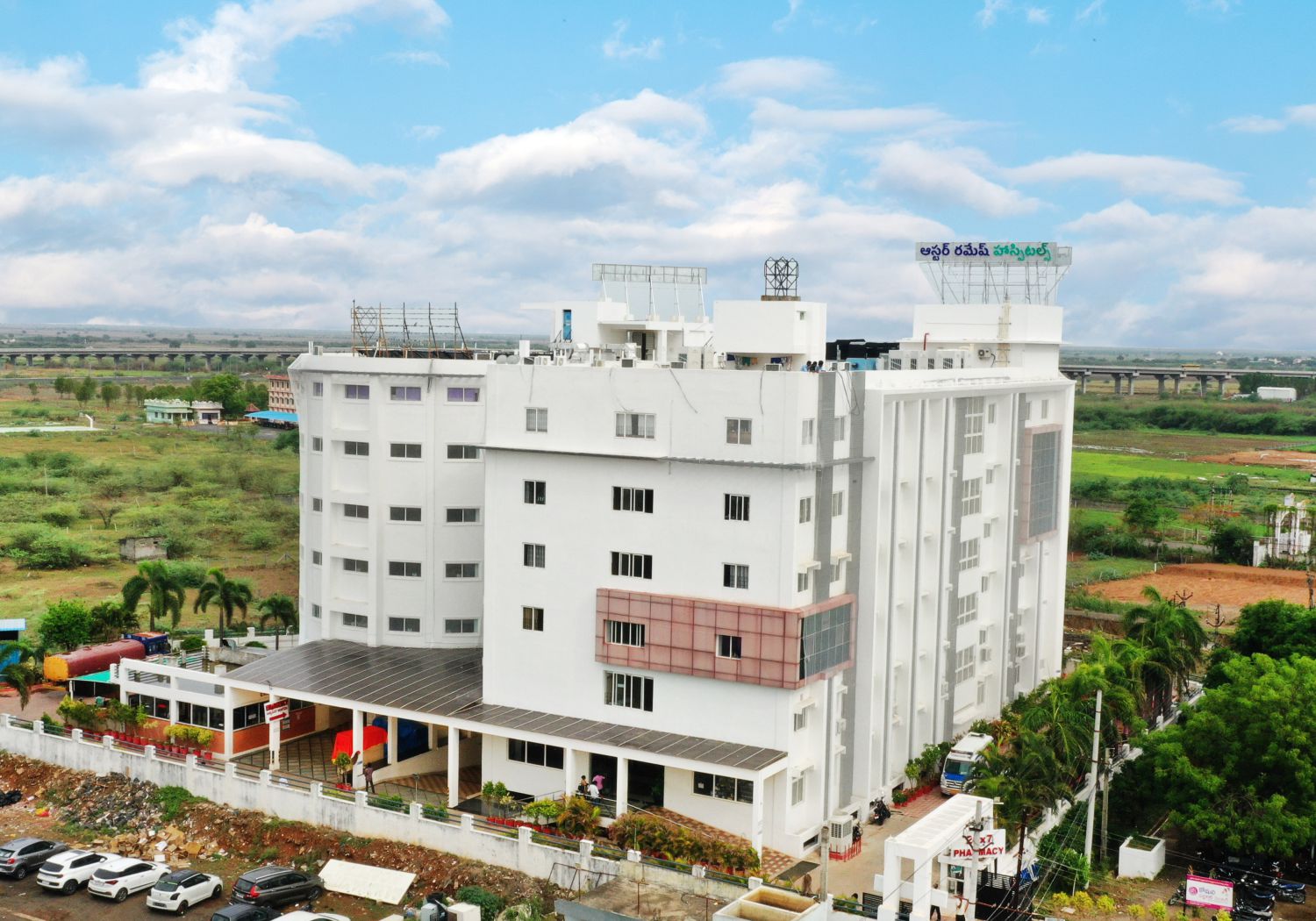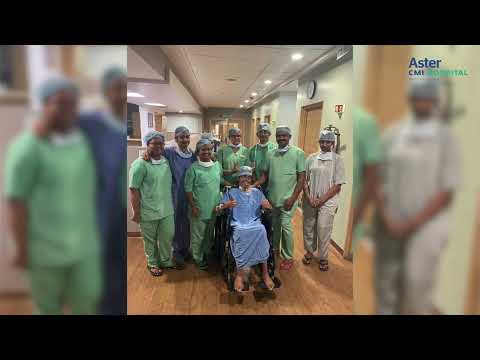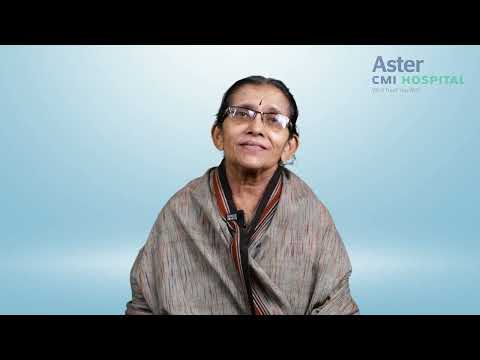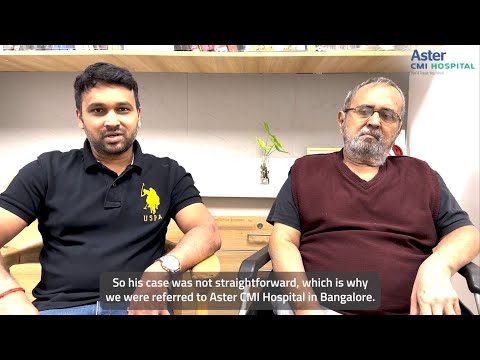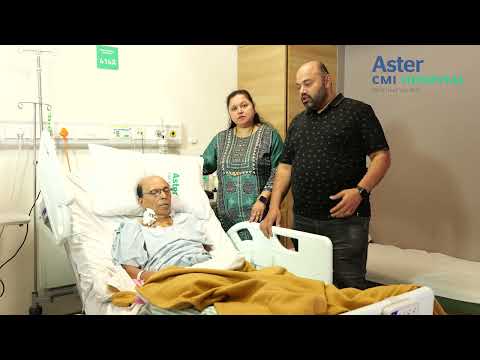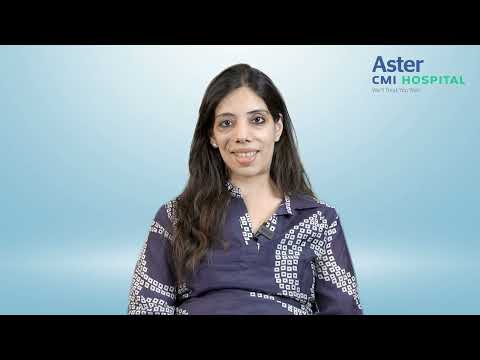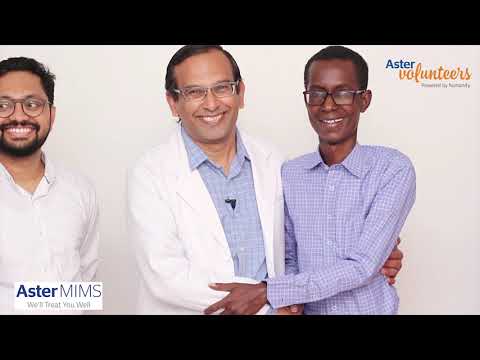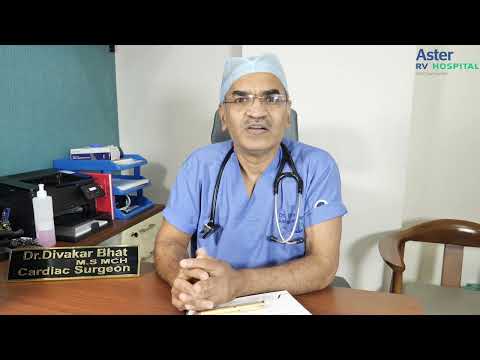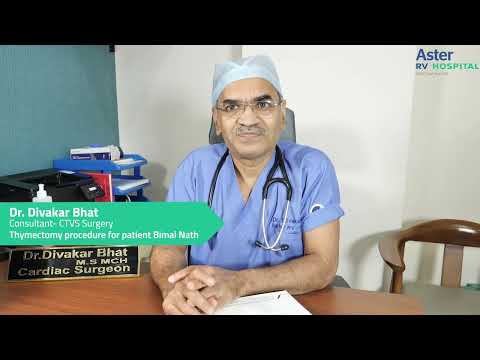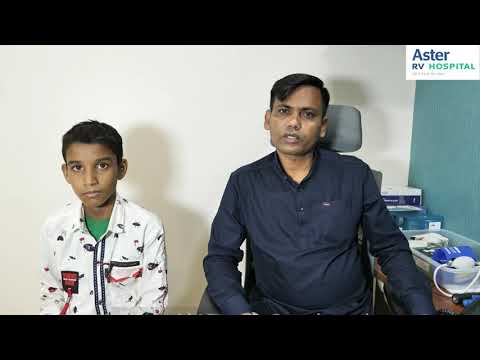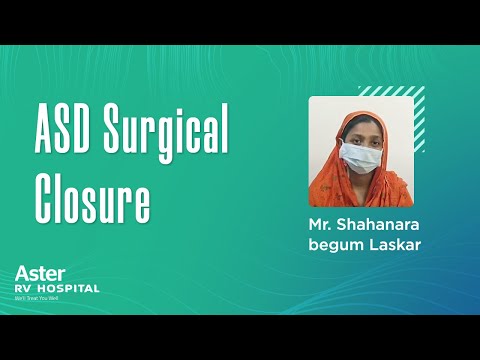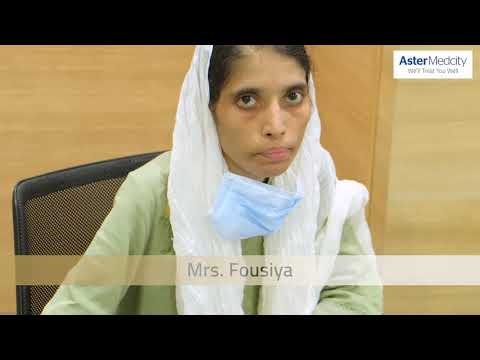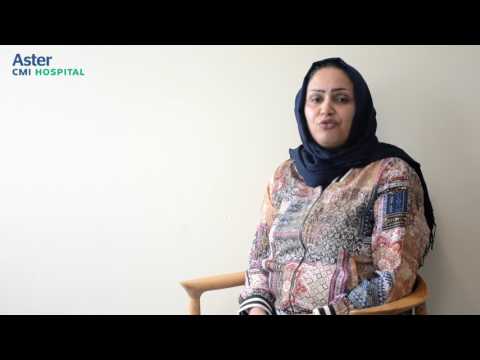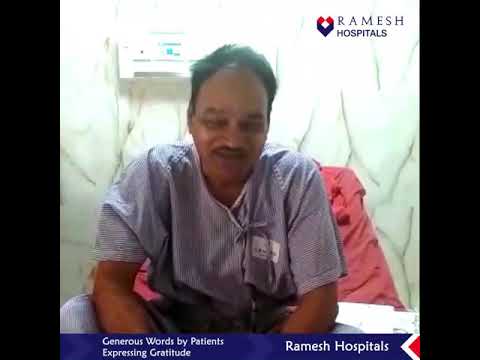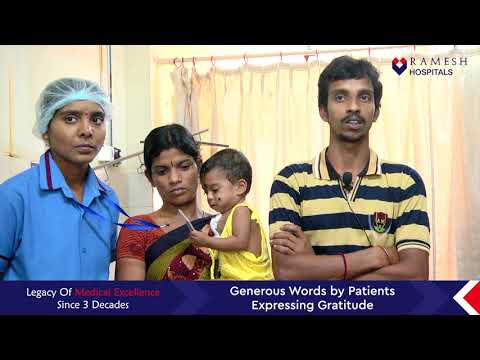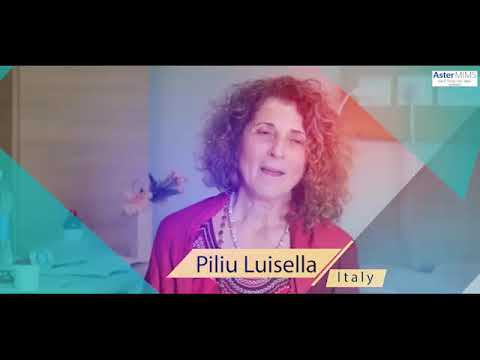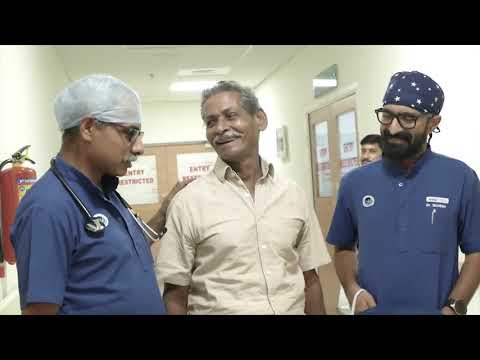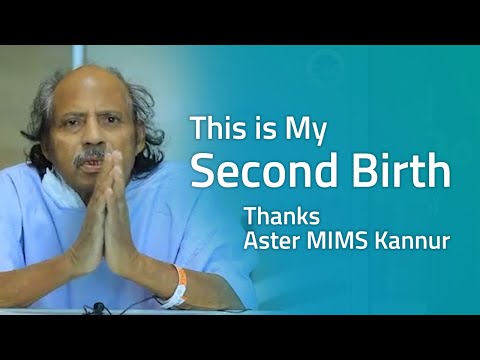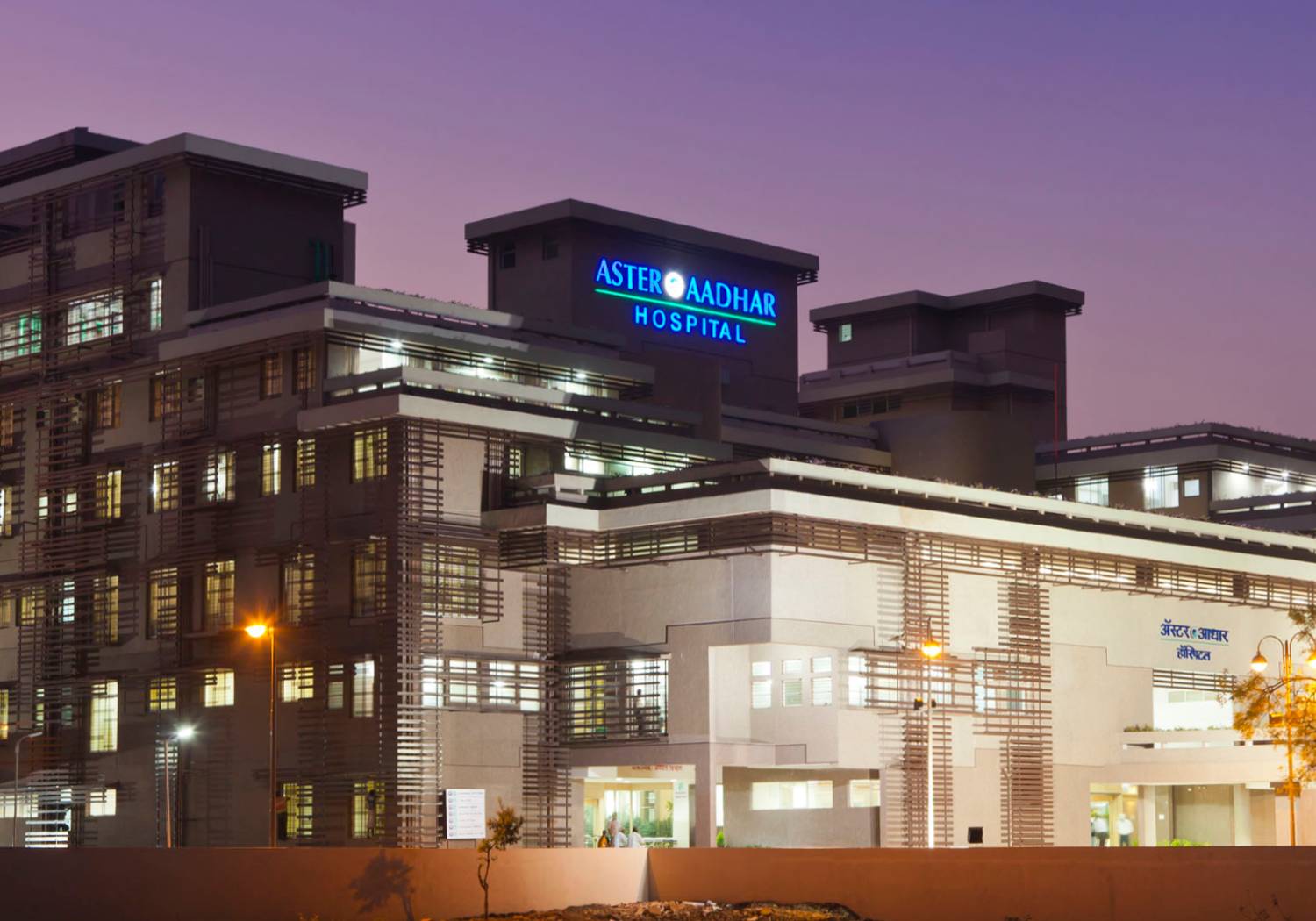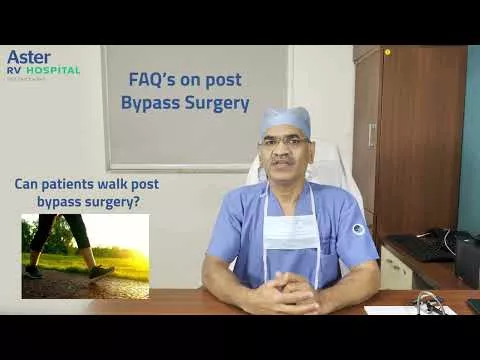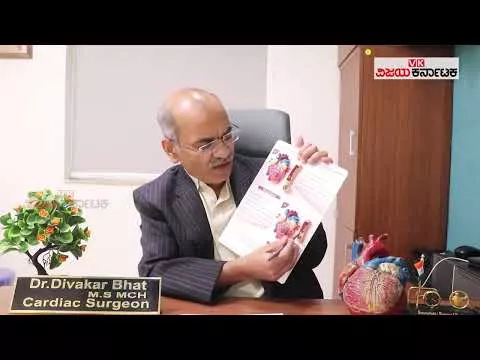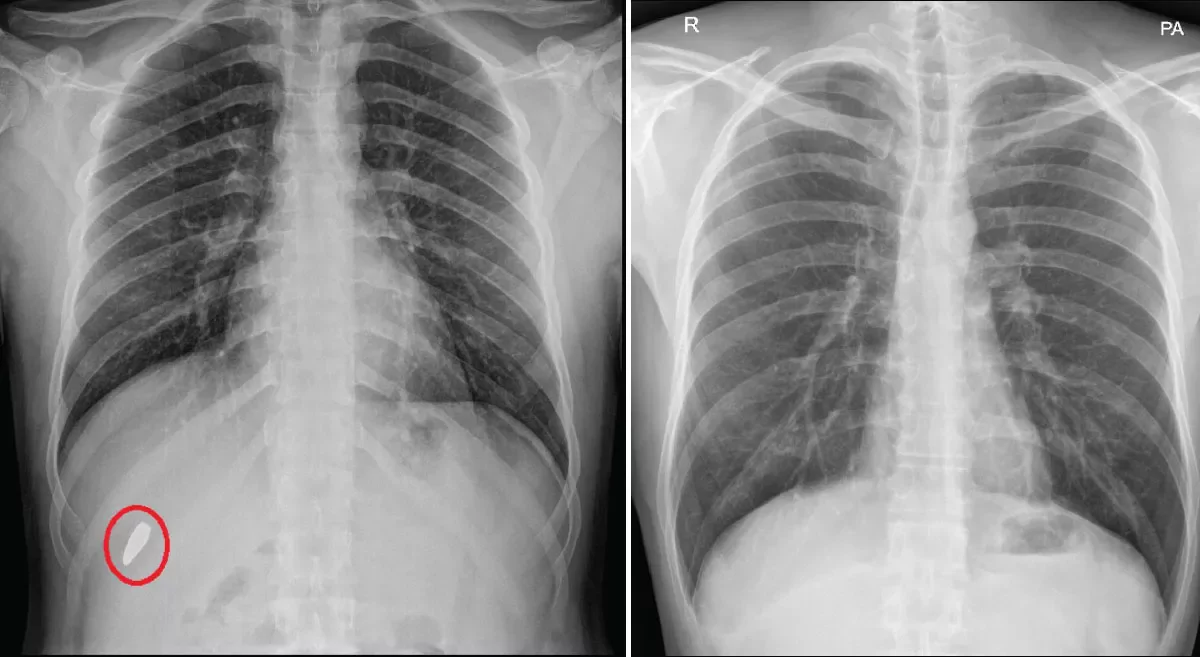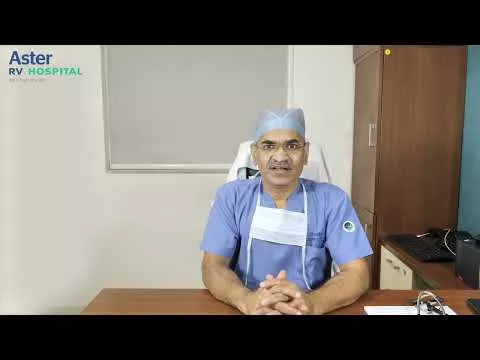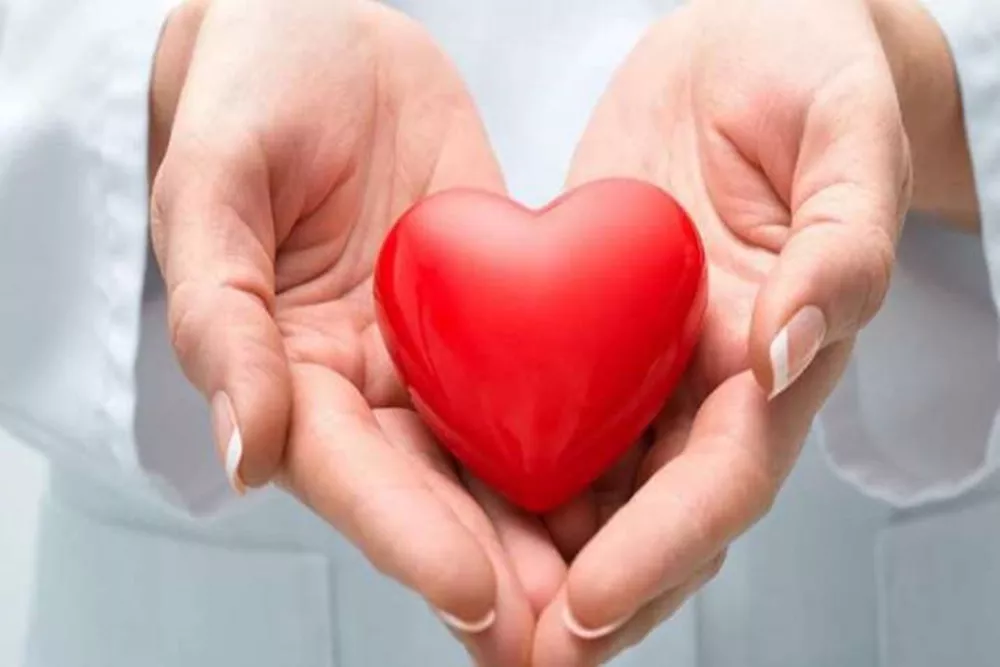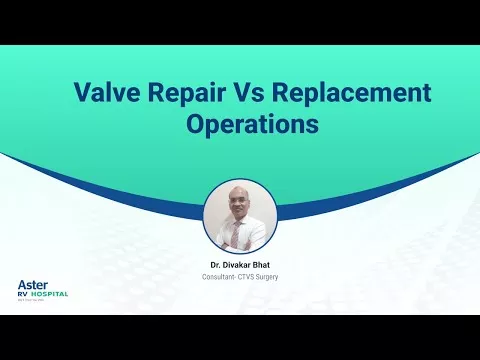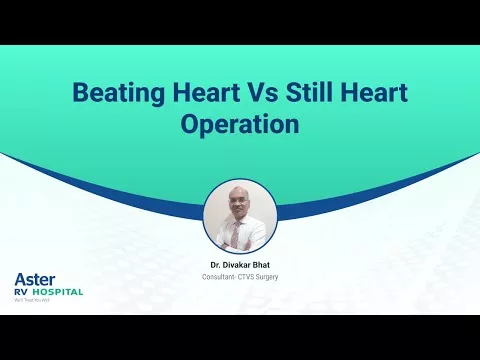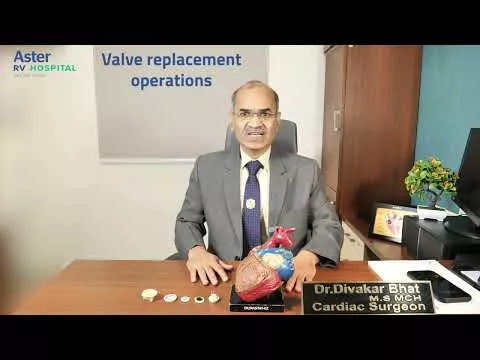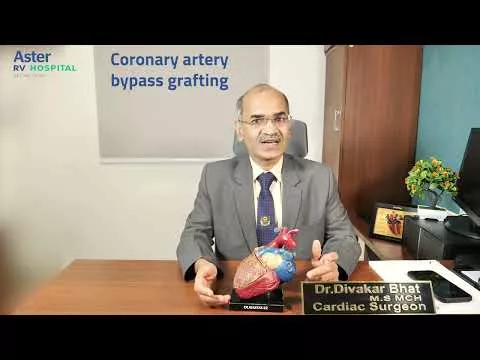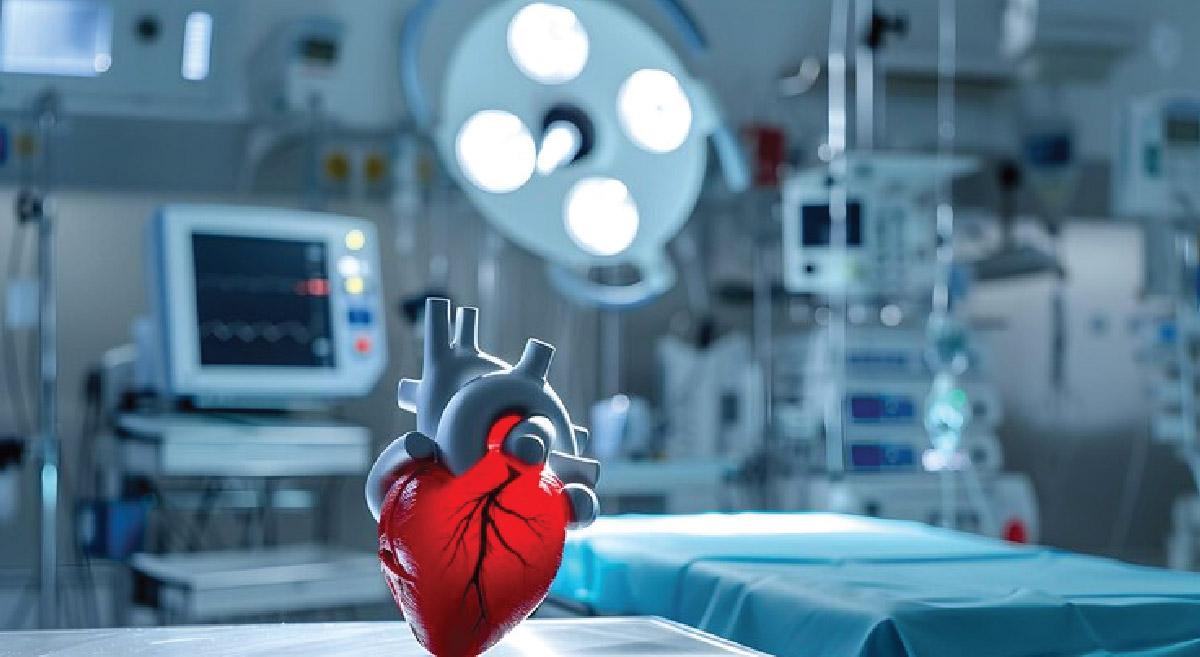Cardiac Surgery
The Department of Cardiothoracic Surgery deals with the surgical management of diseases related to heart, lungs, chest wall and diaphragm. Our competent team is highly experienced in performing complicated surgeries for conditions such as congenital heart diseases, mediastinal tumours, open heart valvular repairs, and myocardial infarction. The team consists of cardiac surgery experts (adult and pediatric), pulmonologists, thoracic surgeons, cardiac anesthesiologists, critical care specialists, interventional radiologists, and cardiac electrophysiologists who work in collaboration with nurses, technicians, rehabilitation specialists and nutritionists to provide optimal multidisciplinary treatment for our patients. They are experts in carrying out various procedures such as pulmonary lobectomy, surgical decortication, coronary artery bypass graft, open-heart valve repair, and septal defect closures.
Our Doctors
We have some of the best specialists from around the world, they bring years of experience and offer evidence-based treatment to ensure the best care for you.
Treatments & Procedures
We provide comprehensive treatment for all types diseases under one roof. Our highly experienced doctors supported by especially trained clinical staff, ensure the best care for you.
Advanced Technology & Facilities
Well equipped with the latest medical equipment, modern technology & infrastructure, Aster Hospital is one of the best hospitals in India.
Common procedures in Cardiac Cathlab like Coronary Angiography, Coronary Angioplasty, IVC filter, Rotablation, Cardiac Catheterization, all interventional radiology and neurology procedures.
Parents are counseled about foetal heart, probability for surgery and other related issues
Our unit offers progressed respiratory support for children with breathing troubles, including high frequency ventilators. We provide cardiovascular and respiratory observing equipment and research center and imaging facilities like CT scan and X-ray. Our PICU is committed to provide the most quality medical care to our pediatric patients. Our facilities also include the highest level of care in a warm and supporting condition for newborn children in trouble during childbirth, those requiring close perception and those transferred from other facilities for treatment of neonatal sicknesses. The NICU is staffed throughout day and night by skilled team of specialists including neonatal nurses and neonatologists.
Pediatric cardiac OPD consultation, Contrast Echocardiograpgy, Ambulatory ECG, Cardiac Rehabilitation services etc
Electrocardiogram (ECG)
Echocardiogram
Angiogram
Imaging Tests:
- Chest X-Ray
- CT Scan
- MRI Scans
Thoracoscopy
Lung / Lymph Node Biopsy
We have state of art First & Only Philips 3 Tesla Ingenia CX Digital MRI, where we can shorten the scan time without compromising image quality. We can perform advanced imaging like neuro perfusion studies, Spectroscopy, subtraction imaging, Cardiac MRI, Foetal MRI, Q flow studies, diffusion weighted whole body imaging with background body signal suppression (DWIBS), Breast MRI, diffusion tensor imaging (DTI), arterial spin labelling (ASL) and Cartilage Mapping.
Electrocardiography (ECG)
Treadmill testing
3D Echocardiography
Holter monitoring (1 day, 3 day and long-term monitoring)
CT Coronary Angiography (256 slice & 125 slice CT)
3 Cath labs including FFR, IFR, IVUS, OCT and Rotablation
Advanced 3D and 4D ECHO machines
Holter Monitoring
Aster Medcity offers world-class inpatient care to its patients, with the support of an award-winning team of Nurses, Therapists and Technicians.
Wards, double rooms, standard rooms, executive rooms, deluxe rooms presidential suites
Dedicated Cardiac ICU
Independent ICUs with a view that minimise chances of infection and ICU psychosis
Dedicated cardiac surgery suites
Advanced infection control facilities
State-of-the-art cardiac imaging
Aster Centre of Excellence in Cardiac Sciences is first facility in Kerala to offer three cathlabs with a state-of-the-art electrophysiology lab / intravascular ultrasound, fractional flow reserve estimate and rotablation. The comprehensive range of medical technology here includes:
Flat panel hybrid vascular biplane cathlab
Low radiation CLARITY cathlab
OR1 Karl Storz Fusion Integrated C Green OT certified surgical suites with autopilot anaesthesia and live sharing facility
Philips IntelliSpace Critical Care & Anaesthesia digital ICU
ECMO (Extra Corporeal Membrane Oxygenation)
Philips EPIQ Echocardiography machines for 2D and live 3D imaging
Trans-Oesophageal Echocardiography with Doppler, Colour Doppler modalities
Dobutamine stress test for physically disabled patients
Intra-operative trans-oesophageal ECHO / Doppler / Colour-flow Doppler
Philips 256 Slice iCT scan
Wide Bore 3.0 Tesla MRI cardiac studies
Philips Astonish True Flight Select PET-CT with Time Of Flight technology
GE SPECT-CT Optima NM 640 Gamma Camera
The Centre of Excellence in Cardiac Sciences at Aster Medcity offers a wide range of outpatient services for detection and treatment of complex heart diseases and disorders. This includes:
Cardiac structural/functional evaluation including advanced imaging
Heart Failure Clinic
Cardiac Electrophysiology Clinic
2D / Live 3D Echocardiography
Colour Doppler imaging
Tissue Doppler imaging
Strain Quantification
Trans-Esophageal Echocardiography including live 3D TEE
24-hour ambulatory blood pressure monitoring
24-hour ECG monitoring (Holter monitoring)
Cardiac stress tests including Tread Mill Test, Dobutamine Stress Echocardiography, Head Up Tilt Test (HUTT)
ORI Fusion Digital Integrated Operation Theatres With 22 Operating Rooms that are on par with some of the largest in the world, Aster Medcity, for the first time South India, introduces ORI Fusion Digital Integrated Operation Theatres using Karlstorz OR1 Fusion - Asia Pacific’s first complete digital integration system.
The integration enables real-time sharing of images, videos and medical reports, which not only facilitates virtual participation from any location in the world, but also helps the rest of the surgical team to monitor the patient closely during the operative procedure, much to the benefit and safety of the patient undergoing the surgery.
Aster Medcity is also the first surgical facility in the state to offer Robotic Surgery using high-precision da Vinci Surgery Robot.
1.Coronary Artery Bypass Grafting (CABG)
2.Mitral and aortic valve repair and replacement
3.Surgical treatment of aortic aneurysms and dissections
4.Left ventricle restoration (Dor procedure)
5.Cardiac Support Devices
6.Radiofrequency ablation for atrial fibrillation
7. Lung Surgeries
8.Evaluation and treatment of mediastinal tumors
Patient Stories
Our patients are our best advocates, hear the inspiring stories of their treatment journey
Blogs
The source of trustworthy health and medical information. Through this section, we provide research-based health information, and all that is happening in Aster Hospital.
News & Events
Stay updated with the latest happenings at Aster Hospitals. Explore our News and Events section for insightful articles, health tips, upcoming events, and noteworthy achievements.
